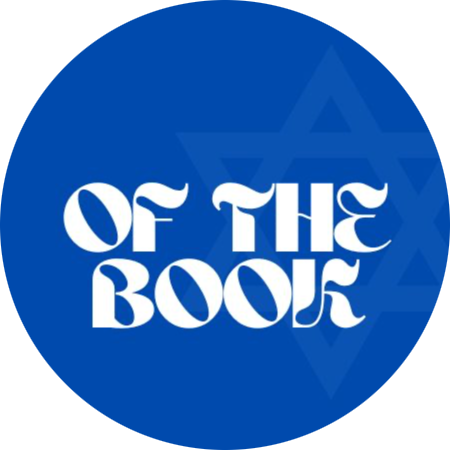Dora Czaplewka
When my grandma Dora was ninety she told me the story of her falling out with God back in the forests of Warsaw where her father was the manager of the woods. This was long, long before Jews were allowed to own their own land Before the women were allowed to raise a comb to their hair on the sabbath. Before Dora could dream of Abe coming to America, of having my mother, of my mother having me, of me brushing my lavish hair every day.
The day Dora had the falling out with God, Dora sat in the back of a cart surrounded by skinny brothers with errant hairs escaping their yamakas. The girls with uncombed pigtails, crying. Crying because their father’s heart gave out, crying because he was dead. Surrounded by the forest that did not make a noise, Dora, the oldest, cried out. “What kind of God takes a father leaving eight children behind?”
At ninety Dora could still picture her her mother raising a frightened brow, wagging a weary finger, a baby at her sagging breast. “Shh. Shh.Shh” she is said to have said. Dora had said the name of God out loud. Her mother terrified God would hear back when God was a jealous God who might punish Dora in the woods outside of Warsaw.
~
Abe Hochman
“If only I had arms rather than this little curly brim,” laments the Brown Derby Hat. “If only Moshe hadn’t placed me so close to his haberdashery’s front window, so close I hear the carts clacking, the vendors haggling in an English-Yiddish mismash. If only I had been placed six inches to the side, like my neighbor, the Black Derby, the beating sun wouldn’t have damaged me. I’m proud of the beauty of my left side, the chestnut-brown of a racehorse, ashamed of my right side, dull like its dung droppings.
“No head will ever welcome me,” I complain to my neighbor. Unblemished by the sun, his sleek black crown is encircled by a grosgrain gold ribbon, ending in an enviable flat bow.
“Nonsense,” he says because he can only see my good side. “We have the same heritage. We’re called Derby from the fancy horse races,” he says proudly. “We hug the head so well the jockeys chose us.”
I’m about to object when the bell over the door clangs. A deep baritone voice says, “The handsome one in the window.” I hope he’ll see my good side. But, when he strides over to us, he places my neighbor on his head, cocking it this way and that. His companion, a woman with a tiny waist and generous bosom, coos coquettishly. My friend only has a second to tip his hat goodbye to me before he’s carried away in a round hat box with a gold ribbon.
Left alone, I push back tears lest they drip ugly splotches on my brim, destroying any chance of ever being chosen. As a cruel Manhattan winter blasts, I watch people pass by my window, wrapped in heavy, dark wool coats that swallow them whole, whispering secrets I cannot hear.
After a lonely winter, the snow turns to slush and the pickle vendor returns. Two men reach into the barrel to pull out fat pickles, puckering their mouths together. Probably brothers, housepainters wearing the same workers’ caps speckled with tan and brown drippings. The door opens and one brother gives Moshe a hearty “Shalom,” echoed by the timid voice of the other. With a hint of desperation, the older brother jingles a few coins and explains, “Abe needs to travel back to Poland to find a wife.” With a sigh, he adds, “You can see he’s too short.”
“I see,” Moshe said, sympathetically, “He needs a little boost.”
Snapping out of my reverie, I call out a silent plea. My felt begins to sweat. Moshe walks over to me, picks me up, turns my bad side away from Abe. In a flash, Moshe flips me upside down. “See,” he says, pointing to the tag sewn deep within me. Abe also peers into me, so close his nervous sweat mingles with the brine on his breath.
“Crofut and Knapp,” reads Moshe, his deep voice carrying the magic of promise.
Sixty-five years later, my grandma Dora is ninety when I ask her about the first time she saw Grandpa Abe. “Was it love at first sight?”
“Love at first sight?” She repeats, laughing. “Love had nothing to do with it.” She shrugs her bent shoulders. “I was already twenty-five. No dowry. Afraid I wouldn’t be chosen.”
“Besides, he had been in America.”
“The family approved.”
“And,” she said, running her crooked fingers coquettishly through her thin grey hair, “He had this brown derby hat.”
______
Vee Lind was born in Lichtenstein and writes about the cultures that shaped her, from her roots in Eastern European Jewish grandparents to her adventures in Haight Ashbury and nourishing children on a commune. At 80, she lives in Astoria, Oregon where she is completing her memoir, Gravity is Optional and performing at Open Mic.
